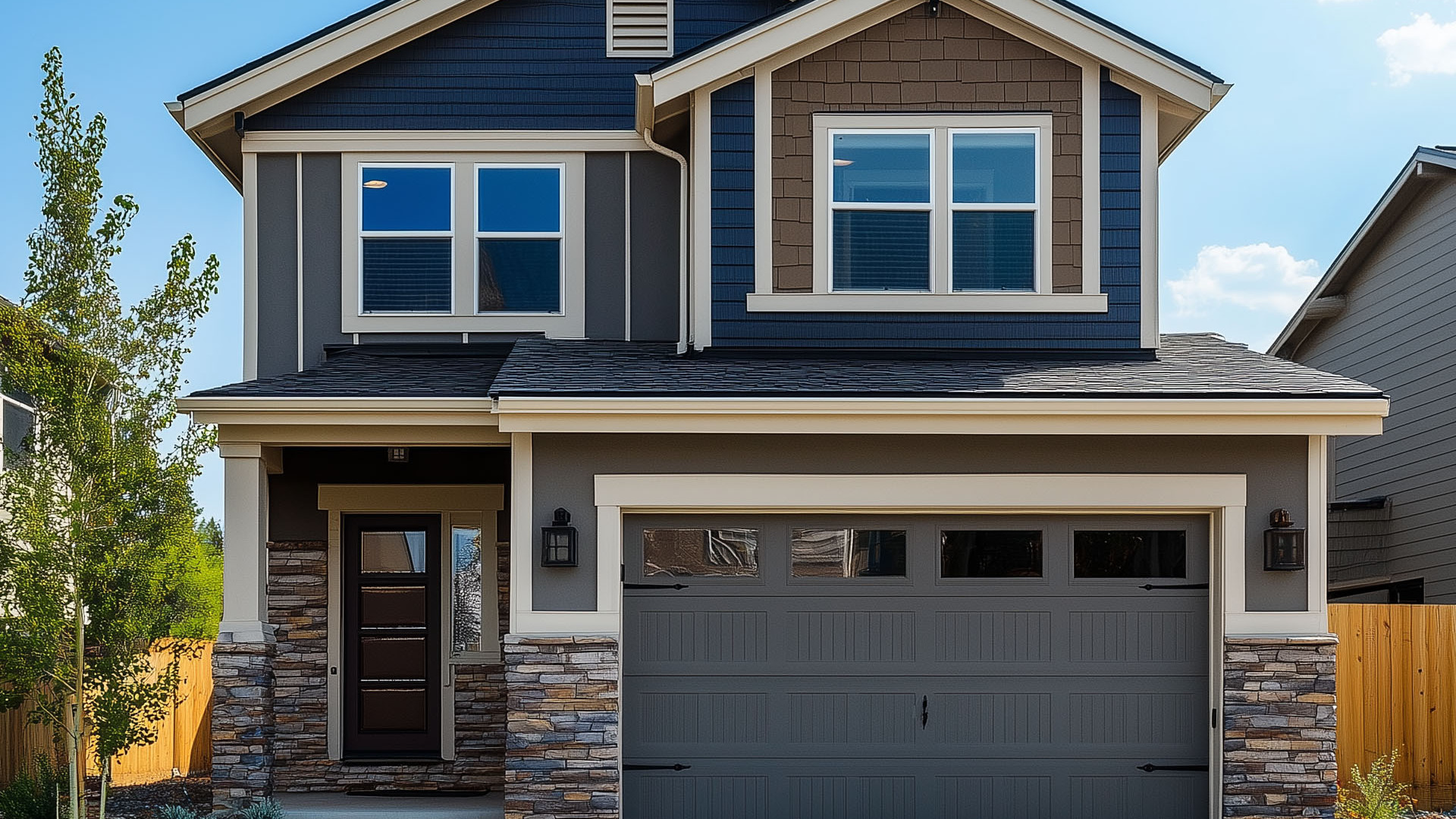Residency is a demanding chapter in a physician’s life—long shifts, modest pay, and at times, very little free time. But what if this season could also be the starting point for building long-term wealth? Enter: house hacking.
House hacking is a smart real estate strategy where you buy a home and rent out part of it while living in it. It’s one of the more accessible ways for medical residents to become homeowners and investors at the same time, with minimal out-of-pocket costs and major financial upside.
What is House Hacking?
At its core, house hacking allows you to reduce or eliminate your living expenses by renting out part of your home. Some common approaches include:
- Renting out a spare bedroom in a single-family home
- Living in one half of a duplex while renting out the other
- Creating a basement apartment or converting a garage
- Using an accessory dwelling unit (ADU), if your city allows it
It’s a simple concept—but incredibly powerful when applied early in your career.
Why House Hacking Makes Sense During Residency
Most residents assume they’ll have to wait until they become an attending before buying a home or investing in real estate. The truth? With the right strategy and support, you can start much sooner. Here’s why house hacking works so well during residency:
- Low (or No) Down Payment: Physician loan programs often allow 0–5% down with no private mortgage insurance (PMI).
- Stable Monthly Costs: You’ll lock in a fixed housing payment instead of dealing with rising rents.
- Live for Less (or Free): Rent from a roommate or tenant can cover most—or all—of your mortgage.
- Future Rental Income: When you move for fellowship or attending life, you can keep the home as a rental property.
Starting now gives you a serious head start on building equity, passive income, and financial freedom.
What to Look for in a Great House Hack
Not every property works for house hacking, so it’s important to shop smart. Look for:
- Homes with a finished basement, ADU, or separate entrance
- Multi-family properties like duplexes or triplexes
- Locations close to hospitals or medical campuses
- Safe neighborhoods with strong rental demand
A real estate agent who understands the needs of residents can be a game-changer in this process.
Managing It All While in Residency
Yes, you’re busy—but managing a house hack doesn’t have to add stress to your schedule. Here’s how to keep things manageable:
- Screen Tenants Well: Use online platforms or property managers to help vet tenants.
- Set Boundaries: Especially if you’re sharing living space with a roommate.
- Keep Leases Simple: Consider short-term or furnished rentals if your schedule or rotations change often.
House hacking is a low-maintenance investment that fits into even the busiest medical training programs—with the right support.
Setting Yourself Up for Financial Growth
By the time you graduate from residency, you could already own a home with built-in rental income, thousands in home equity, and a portfolio-worthy first investment. That’s a powerful financial foundation, and one you built without waiting for the "perfect time."

